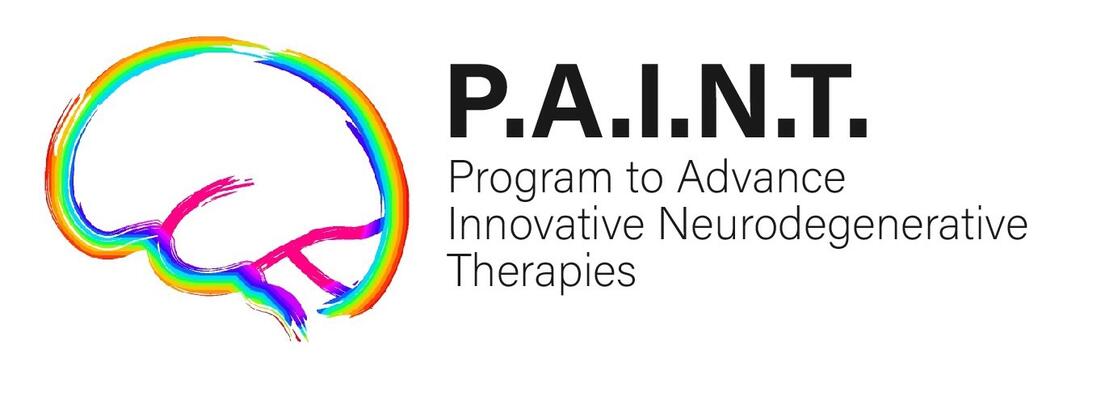PURPOSE: Symptom progression in Huntington disease (HD) is associated with cognitive decline which may interfere with the self-report of symptoms. Unfortunately, data to support or refute the psychometric reliability of patient-reported outcomes (PROs) as HD progresses are limited. This is problematic given that PROs are increasingly recognized as important measures of efficacy for new treatments.
METHODS: We examined PRO data from the HDQLIFE Measurement System (Speech Difficulties; Swallowing Difficulties; Chorea) in 509 individuals with premanifest, early-stage, or late-stage HD. Clinician-administered assessments of motor functioning (items from the UHDRS) and standardized objective assessments of cognition (Stroop, Symbol Digit Modalities) were also collected. We examined item bias using differential item functioning (DIF) across HD stage (premanifest, early-, late-) and relative to cognitive performance. We also examined the correlations between self-report and clinician ratings. Regression models that considered total cognitive ability were utilized to determine psychometric reliability of the PROs.
RESULTS: Most PRO items were free from DIF for both staging and cognition. There were modest correlations between PROs and clinician report (ranged from - 0.40 to - 0.60). Modeling analyses indicated that psychometric reliability breaks down with poorer cognition and more progressed disease stage; split-half reliability was compromised (i.e., split-half reliability < 0.80) when scores were < 136 for Chorea, < 109 for Speech Difficulties, and < 179 for Swallowing Difficulties.
CONCLUSIONS: Results indicate that the psychometric reliability of PROs can be compromised as HD symptoms progress and cognition declines. Clinicians should consider PROs in conjunction with other types of assessments when total cognition scores exceed critical thresholds.

